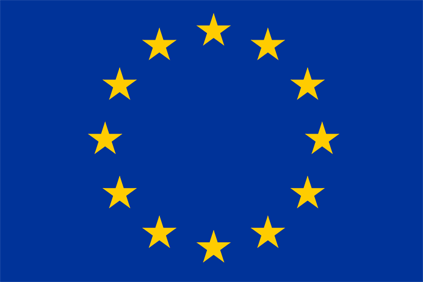"Natural pre-conditions vary in different countries and regions, resulting in more or in less harvesting power from renewable sources", it says in its Price Report 2009, which details renewable electricity prices in the 27 EU member states.
These differences need to be reflected in the support systems and prices paid for electricity from renewable energy, it adds.
The data collected for the report, says Eref, indicates that countries using feed-in tariffs - a system based on fixed-term, guaranteed minimum payments for electricity generated by renewables - and that "follow cost digression policies in consequent review cycles in parallel to up-scaling of renewable energy deployment" have achieved the best price reductions when compared with those using a tradable green certificates (TGCs) system.
"Experiences from a number of countries in Europe suggest that feed-in tariffs deliver larger and faster penetration of renewables than TGCs, at lower or comparable cost," Eref says.
The report also states that feed-in tariff systems have led to impressive growth rates in renewables, particularly in Denmark, Germany, and Spain, and increasingly in many other countries in the EU.

.png)

.png)











